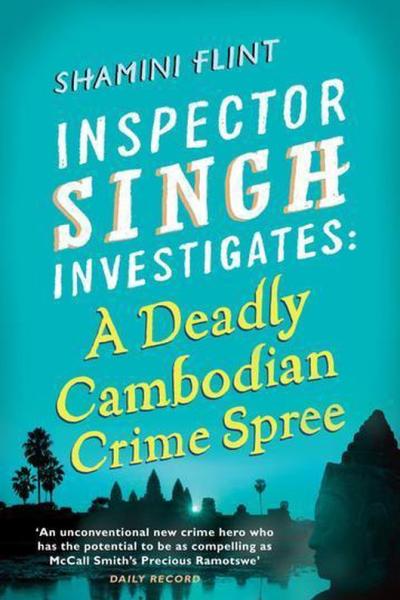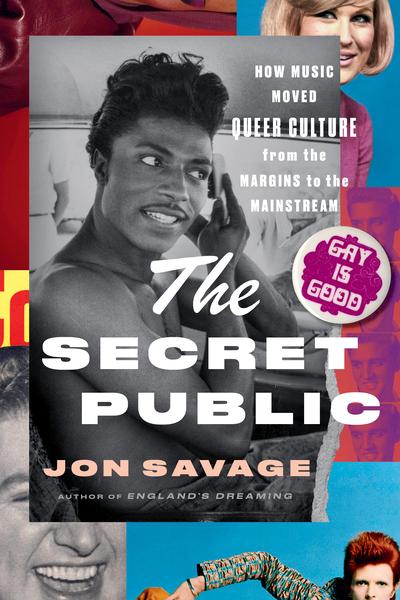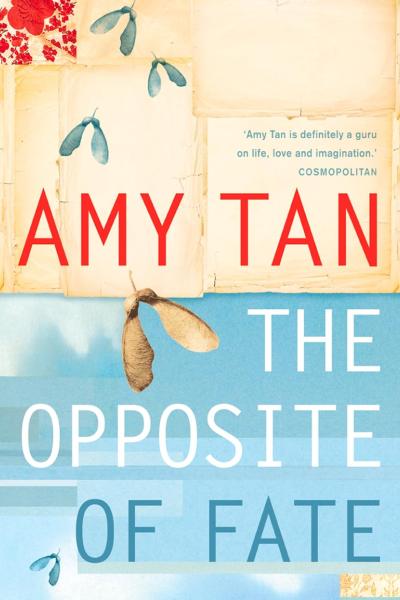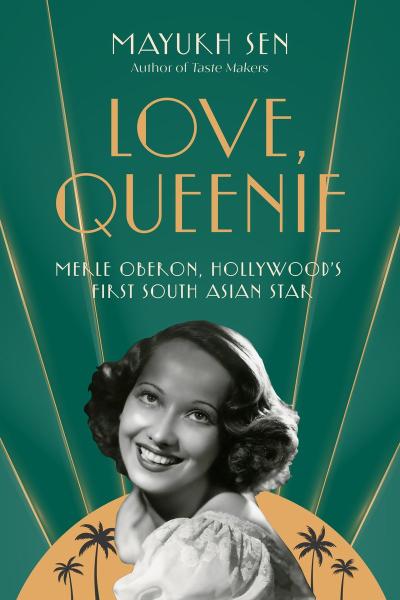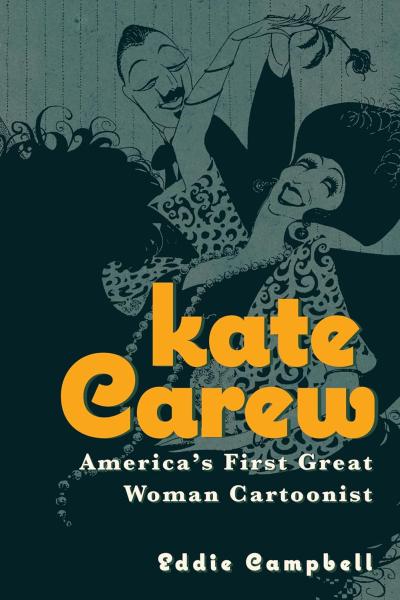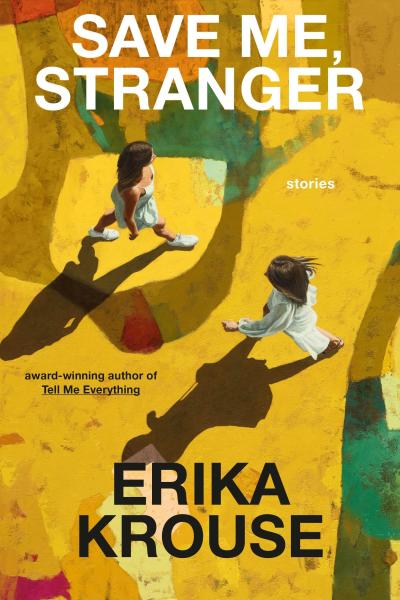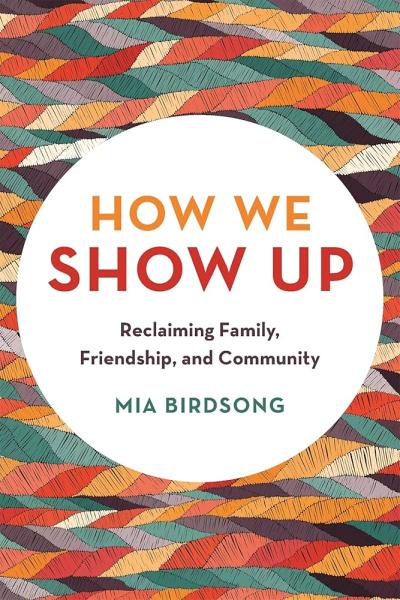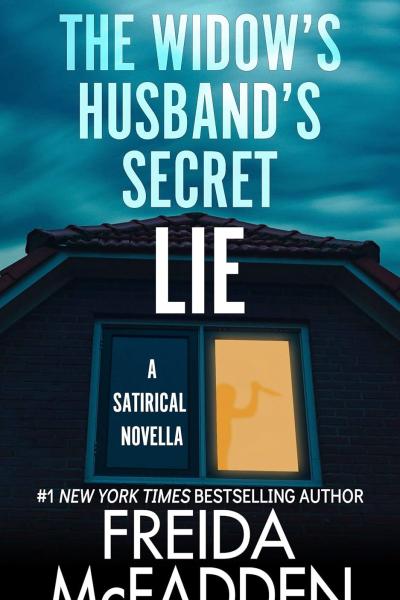PRINT BOOKS
FICTION
Eric Puchner Dream state : a novel Fic Puchner
Madeline Martin The booklover's library : a novel Fic Martin
Michael Amherst The boyhood of Cain Fic Amherst
Jojo Moyes We all live here Fic Moyes
Marcel Proust Swann in love Fic Proust
Allison Epstein Fagin the thief : a novel Fic Epstein
Marcy Dermansky Hot air Fic Dermansky
Saō Ichikawa Hunchback : a novel Fic Ichikawa
Omar Khalifah Sand-catcher Fic Khalifah
Holly Brickley Deep cuts : a novel Fic Brickley
Brian Castleberry The Californians : a novel Fic Castleberry
Chimamanda Ngozi Adichie Dream count : a novel Fic Adichie
Evie Wyld The echoes Fic Wyld
Olufunke Grace Bankole The edge of water : a novel Fic Bankole
Karissa Chen Homeseeking Fic Chen
Philip Fracassi The third rule of time travel Fic Fracassi
Colwill Brown We pretty pieces of flesh : a novel Fic Brown
Donatella Di Pietrantonio A girl returned Fic Di Pietra
Robert Seethaler The café with no name Fic Seethaler
Kristen Arnett Stop me if you've heard this one : a novel Fic Arnett
Abdulrazak Gurnah Theft Fic Gurnah
Yūko Tsushima Wildcat dome : a novel Fic Tsushima
Comic Books, Graphic Novels & Comic Strips
Becky Barnicoat Cry when the baby cries 741.5 B262 Comics
Historical Fiction
Ann McMan Dead letters from paradise Fic McMan
Stephen Graham Jones The buffalo hunter hunter Fic Jones
Kirsten Menger-Anderson The expert of subtle revisions : a novel Fic Menger-Anderson
Mystery, Suspense, Thrillers, Espionage & Intrigue
Joseph Finder The oligarch's daughter : a novel Fic Finder
C. J. Box Battle mountain Fic Box
Shamini Flint Inspector Singh investigates : a deadly Cambodian crime spree Fic Flint
Jesse Q. Sutanto Vera Wong's unsolicited advice for murderers Fic Sutanto
Tess Gerritsen The summer guests Fic Gerritsen
Mick Herron Slough house Fic Herron
James Patterson The writer Fic Patterson
Harlan Coben Nobody's fool Fic Coben
Hannah Deitch Killer potential : a novel Fic Deitch
Science Fiction, Fantasy & Horror
Laila Lalami The dream hotel : a novel Fic Lalami
M. R. Carey Once was Willem Fic Carey
Short Stories
Clarice Lispector Covert joy : selected stories Fic Lispector
Curtis Sittenfeld Show don't tell : stories Fic Sittenfeld
Marcel Proust The complete short stories of Marcel Proust Fic Proust

